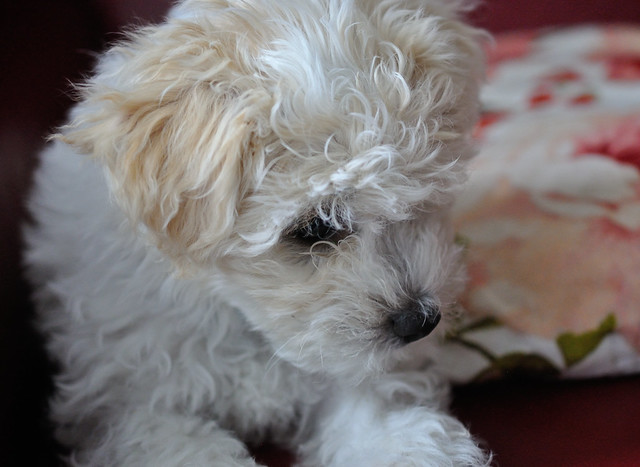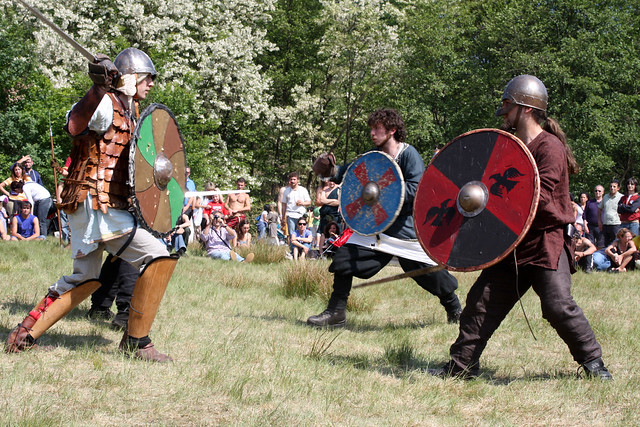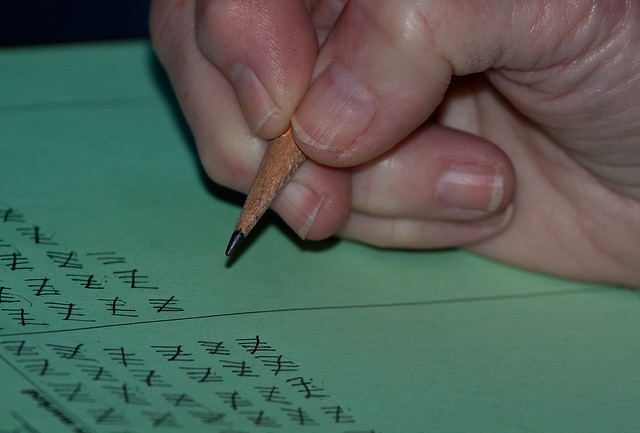Words for fat, lard and related things in Celtic languages.
| Old Irish (Goídelc) | blonac = fat, lard |
|---|---|
| Middle Irish (Gaoidhealg) | blonac, blonoc = fat, lard, grease |
| Irish (Gaeilge) | blonag = soft fat, lard, blubber, paunch, spare tyre blonag an mhíl mhóir = (whale) blubber blonagach = fat, greasy, flabby blonagán = goose-foot |
| Scottish Gaelic (Gàidhlig) | blonag [bl̪ˠɔnag] = visceral fat, suet, lard, tallow blonag-mhuice = lard |
| Manx (Gaelg) | blonnag = lard blennick = fat, fatty tissue, lard, blubber blennick vuickey = lard |
| Middle Welsh (Kymraec) | blonec, blonnec = fat, lard, grease |
| Welsh (Cymraeg) | bloneg = fat, lard, grease; belly, abdomen, lap, body fat; sap magu bloneg = to become fat meinwe floneg = adipose tissue blonegaf, blonegu, blonega = to grow fat, to make fat, to grease with far or lard blonegaidd = fatty, lardaceous, greasy |
| Old Cornish | blonec = fat |
| Middle Cornish (Cernewec) | blonec = fat, lard, grease |
| Cornish (Kernewek) | blonek = fat, lard, grease blonegek = greasy |
| Old Breton | blonecou = lard, fat |
| Middle Breton (Brezonec) | bloneg, blouhec, blounhec, blonec, bloanec = pork belly, fat blonegenn = fat bread, lard bread blonegenn-mor = jellyfish |
| Breton (Brezhoneg) | bloneg = addomen, lard, fat bloneg-mor = jellyfish blonegenn = fat bread, lard bread |
Words marked with a * are reconstructions.
Etymology: unknown
| Proto-Celtic | *gʷeress/*gʷered- = animal fat, tallow |
|---|---|
| Old Irish (Goídelc) | geir = fat, lard, suet, tallow fogeir = to heat, warm, inflame, chafe, irritate, temper |
| Middle Irish (Gaoidhealg) | geir = animal fat, tallow, suet, lard fo-geir = to heat, inflame, chafe, irritate, excite, temper |
| Irish (Gaeilge) | geir [ɟɛɾʲ] = fat, suet, tallow geir rósta = dripping geireach = fatty, sebaceous |
| Scottish Gaelic (Gàidhlig) | geir [gʲerʲ] = fat, lard, tallow geir-mhuc = lard geireach = fatty, greasy, full of suet geireadh = anointing, smearing with grease |
| Manx (Gaelg) | geirr = dripping, fat, suet, tallow geirr vill = beeswax |
| Middle Welsh (Kymraec) | guer, gwer = animal fat, tallow, suet, grease |
| Welsh (Cymraeg) | gwêr = animal fat, tallow, suet, grease gwêr (yr) aren = suet gweraidd = tallowy, tallowish gwerennaf, gwerennu = to congeal or coagulate into suet fat gwerennog = fat, suety, lardy, greasy |
Words marked with a * are reconstructions.
Etymology: from Proto-Indo-European *gʷʰer- (heat) or *ǵʰwer- (wild animal) [source].
Words from the same PIE roots include furnace, gore, thermal and warm in English [source], gor (to hatch, incubate, warm, heat, burn) in Irish [source]., and words for warmth and heat in Celtic languages.
| Old Irish (Goídelc) | sall, saill = bacon, salt-meat sallid = to salt, cure |
|---|---|
| Middle Irish (Gaoidhealg) | saill = salted meat (esp. bacon) |
| Irish (Gaeilge) | saill = salted meat, fat meat, fat; to salt, cure, season sailleach = fatty, adipose sailleadh = salting, curing sailleacht = saltiness (of meat, etc.) saillteoir = salter, curer |
| Scottish Gaelic (Gàidhlig) | saill [sail̪ʲ/sal̪ʲə] = to pickle, season; blubber, fat, suet saill-shùighte = saturated fat saill neo-shùighte = unsaturated fat saill nan dubhagan = suet saill bèicearachd = shortening saill muice-mara = blubber sailleadair = salter, fish-curer sailleadh = (act of) salting saillte = salted, salty saillear = (salt-)cellar |
| Manx (Gaelg) | sahll = adioise tissue, blubber, fat, grease sahllagh = adipose, blubbery, fatty |
Words marked with a * are reconstructions.
Etymology: possibly from the Proto-Celtic *salanos (salt) , from Proto-Indo-European *séh₂ls (salt) [source]. Words for salt in Celtic and many other Indo-European languages come from the same roots [source].
Sources: Wiktionary, Am Faclair Beag, Online Manx Dictionary, Teanglann.ie, eDIL – Electronic Dictionary of the Irish Language, In Dúil Bélrai English – Old Irish glossary, Geiriadur Prifysgol Cymru, Gerlyver Kernewek, Gerlyvyr Cernewec, Dictionaire Favereau, TermOfis, Le dictionnaire diachronique du breton, Geriafurch, English – ProtoCeltic WordList (PDF), Etymological Dictionary Of Proto Celtic










